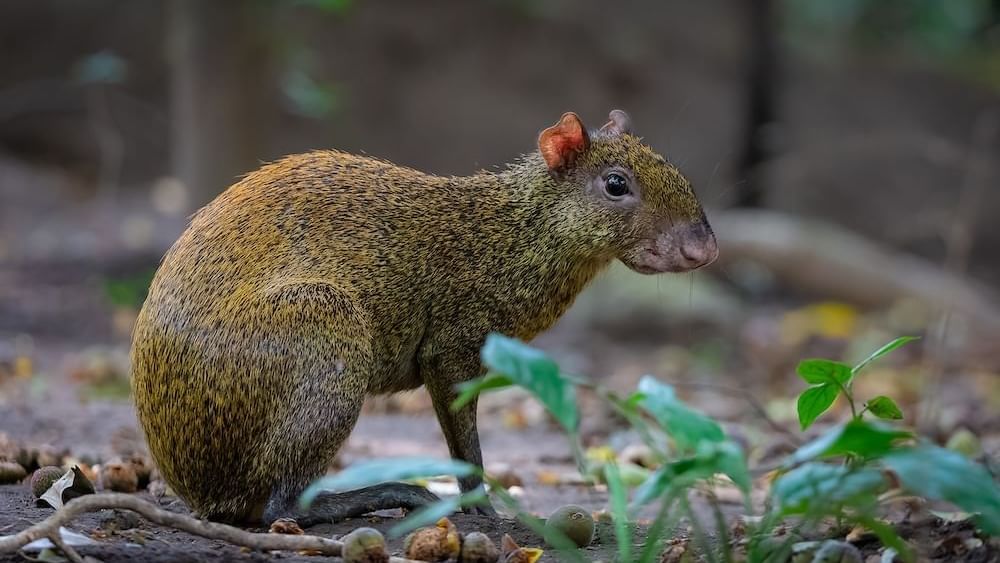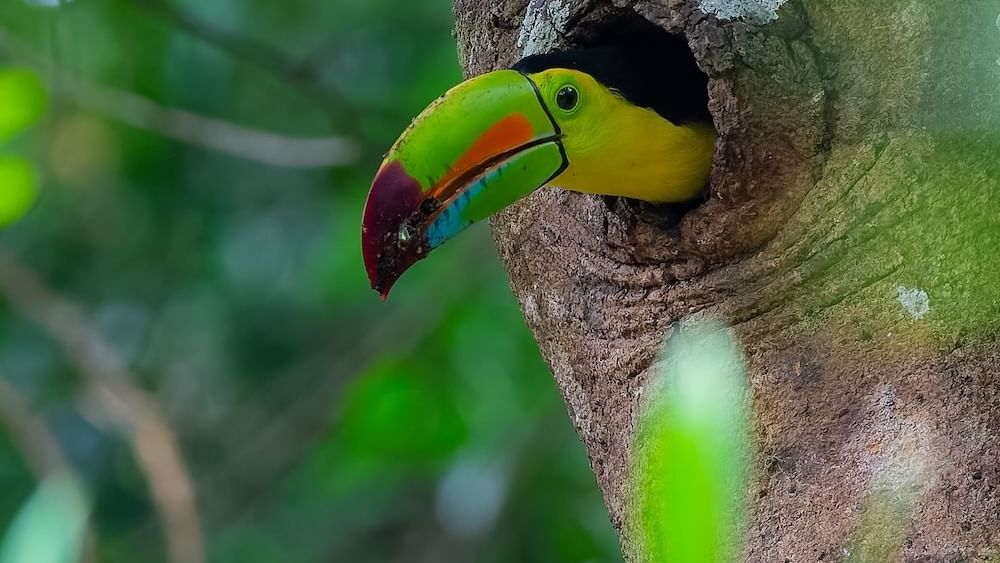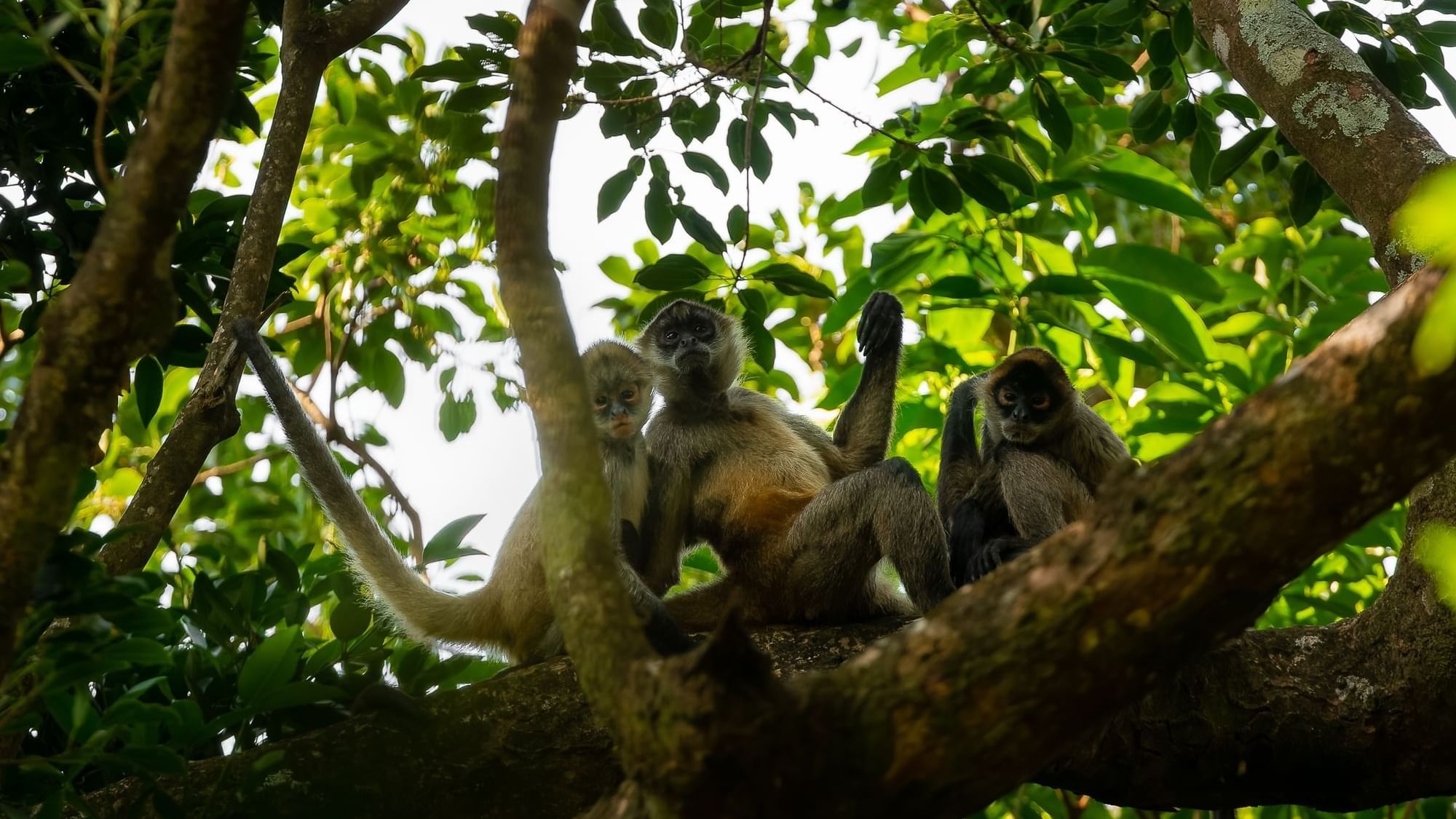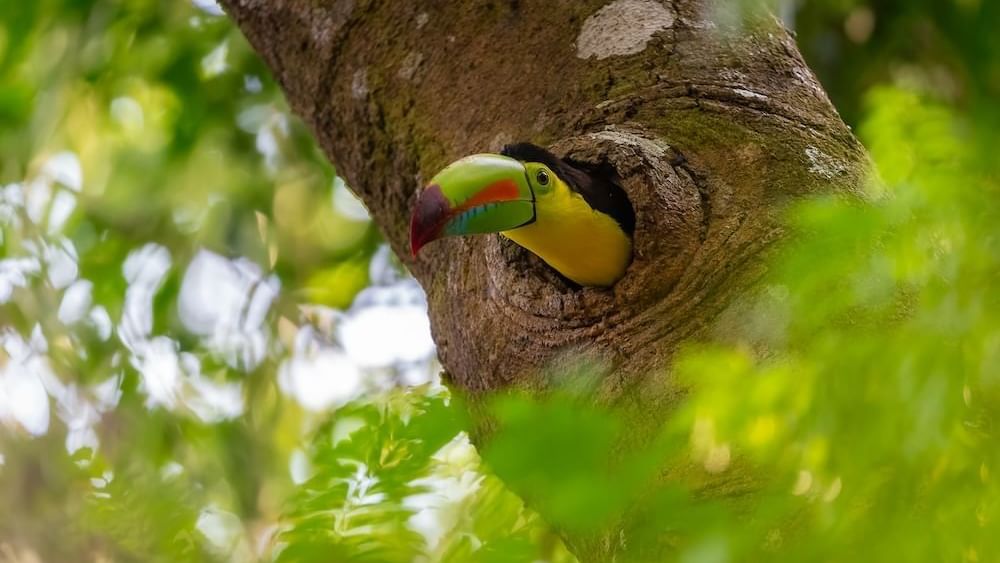Respecting Wildlife: Understanding the #stopanimalselfies Campaign
Costa Rica, renowned for its rich biodiversity, is home to more than 5 percent of the world's species. This incredible natural heritage, however, faces a unique threat: the seemingly harmless act of taking selfies with wild animals. The #stopanimalselfies campaign, promoted by the Costa Rican government in collaboration with civil society organizations and tourism companies, aims to raise awareness about the negative impacts of such photos and to encourage responsible tourism practices.
The Problem at Hand
A global study by World Animal Protection (2017) highlighted Costa Rica as 7th in the world for pictures and selfies involving direct contact with wild animals. This concerning statistic underscores the pressing need to protect our wildlife from the stress and harm caused by these interactions. Wild animals in Costa Rica are a public domain asset protected by the State, making it the responsibility of all Costa Ricans to ensure their proper handling and preservation.
The Role of Tourism
Ecotourism is a significant contributor to Costa Rica's economy, providing income and employment opportunities. The sustainable use of our biodiversity is crucial for maintaining the ecological processes essential for its preservation. Ethical wildlife observation is not only a form of environmental education but also a way to support species protection. Observing animals in their natural habitat, without disturbing them, allows tourists to appreciate their beauty and uniqueness while fostering a deeper understanding of environmental issues.
Ethical Wildlife Photography
Wild animals belong to all Costa Ricans and are part of our natural treasure. While we encourage visitors to enjoy and capture the beauty of these creatures, it's essential to do so in a manner that respects their natural behaviors and habitats. Forcing animals to interact with humans or attracting them with food causes stress and disrupts their natural behaviors.
Guidelines for Responsible Wildlife Interaction
Do's:
● Stay at a safe distance from the animal
● Carry out a silent, respectful observation
● Respect the animal’s natural behaviors
● Refrain from entering cages or enclosures, as these provide a barrier that protects you from direct contact with the animal
Don’ts:
● Touch, grab, or hug the animal
● Offer the animal food
● Attempt to catch or chase the animal to get closer or have direct contact.
● Make noises, whistle, throw objects, or knock on the barrier to make the animal move or wake up.
By following these guidelines, we can ensure that our interactions with wildlife are respectful and sustainable, allowing future generations to enjoy the same natural wonders. Join us in celebrating and protecting Costa Rica's incredible biodiversity by adhering to the principles of the #stopanimalselfies campaign. Together, we can make a difference.






